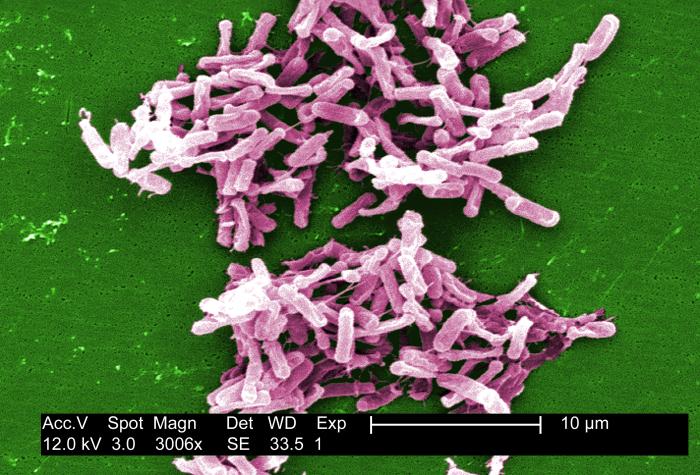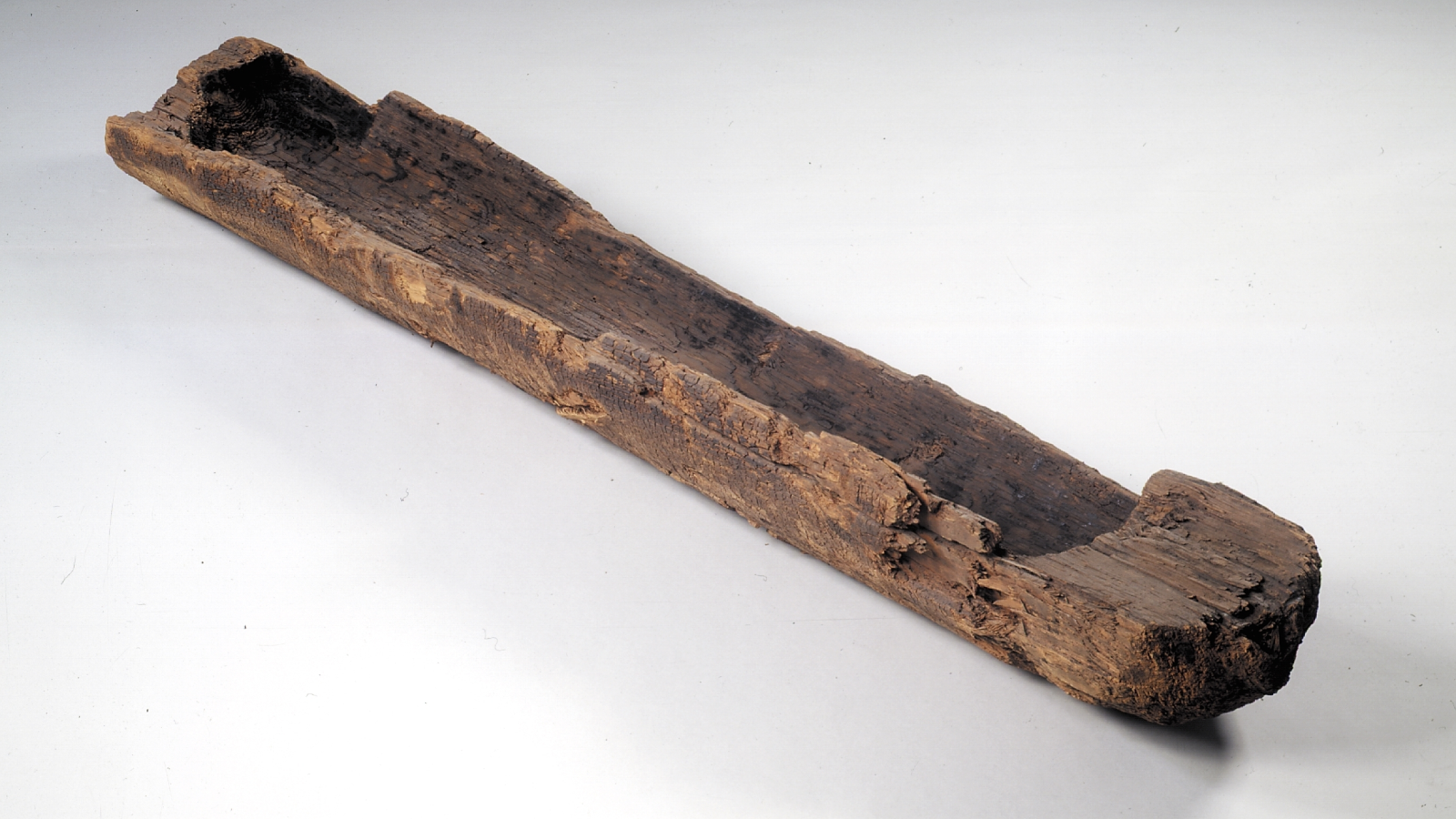Dog Sniffs Out Dangerous Superbug

Of the many superbugs that are resistant to antibiotics, the bacteria known as Clostridium difficile is among the most troublesome. Easily spread and potentially deadly, C. difficile is often transmitted from one patient to the next in hospitals and other clinical settings.
But help has arrived, with its tail wagging and its cold, wet nose ever vigilant: A 2-year-old male beagle named Cliff has been trained to detect the presence of the C. difficile superbug among patients. His sniffing skills could give administrators a much-needed edge in combating outbreaks of bacterial infections that plague hospitals worldwide.
Dr. Marije Bomers, an infectious disease specialist at VU University Medical Center in Amsterdam, recalled an experienced nurse telling Bomers of a particular patient with diarrhea that smelled like they had a C. difficile infection. "If humans can distinguish the smell, and detection dogs have a far superior sense of smell – maybe they can be trained to identify the sense of smell of C. diff," Bomers told Fox News.
After contacting a dog trainer, Bomers was introduced to Cliff, the young beagle. In just two months, the pooch had been trained to sit or lie down when it smelled the bacteria in stool samples. Under testing, Cliff was able to correctly identify 50 out of 50 positive samples, and 47 out of 50 negative samples – an impressive track record for a dog that had never before had any smell-detection training.
It's hoped that trained dogs will be able to stop C. difficile or other superbug outbreaks before they occur. "The whole problem with C. diff is it's transmissible," Bomers told Fox News. "If one patient has it in the ward and you don't isolate the patient, it's not just one patient – it's two, it's three, and then half your ward has C. diff."
And while nursing staff may be able to sniff out the infection with some accuracy, Fido would likely do a better job. "Dogs have a far superior sense of smell, however, which is thought to exceed that of humans by a factor of 100," Bomers and colleagues write this week in the British Medical Journal.
Dogs have proven to be remarkable for their ability to assist health-care professionals at diagnosing illness. Not only can dogs detect the presence of prostate cancer by smelling patients' urine samples, they're also able to identify the stool samples of colorectal cancer patients with a high degree of accuracy.
Get the world’s most fascinating discoveries delivered straight to your inbox.
Follow LiveScience on Twitter @livescience. We're also on Facebook & Google+.

 Live Science Plus
Live Science Plus





